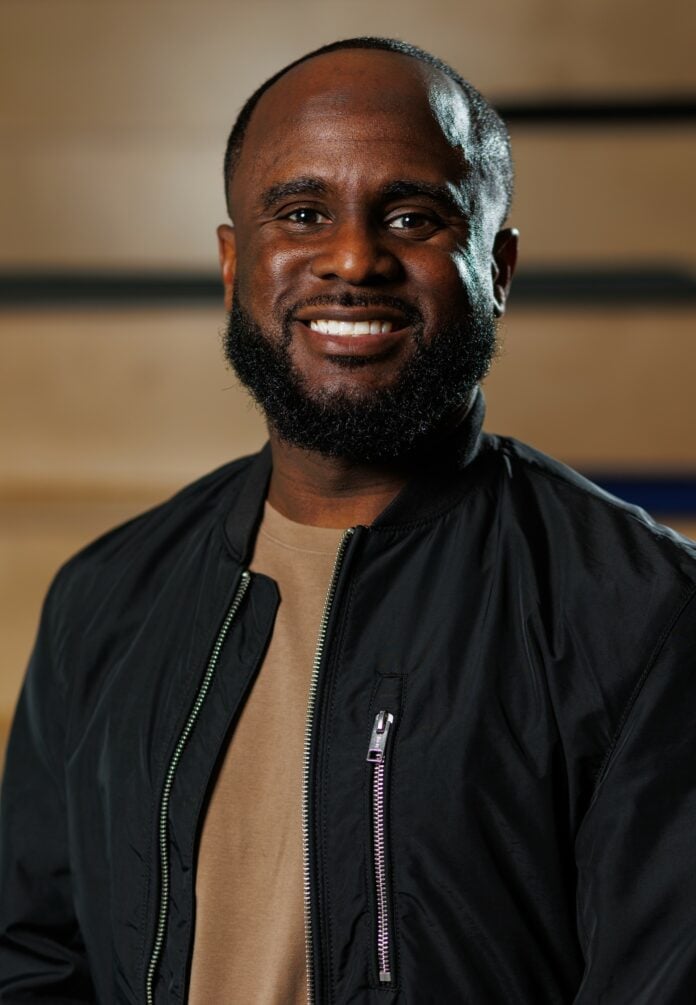All that is happening has me reflecting on “The Ballot or the Bullet” by Malcolm X.
Malcolm, I believe, made it clear at the time that the Black community stood at a crossroads. The Black community could either claim power through political action or remain trapped in a cycle of oppression. I believe that the same applies to education in our city. We are faced with a choice: support all schools or continue to witness the consequences of systemic neglect, underfunded classrooms, criminalized students and futures stolen before they even begin.
Just as Malcolm warned us against being passive in the fight, we must recognize that failing to support schools is not just a disservice; it is a direct threat to our survival and liberation.
Right now we have a problem of prioritizing politics rather than prioritizing people. With the implementation of numerous policies intended to support students in school, the conflict between policymakers and community members has transformed our education system into a battleground. Our children are caught in the middle of this power struggle. The most intense battle about funding has drawn a clear line for many on whether you support it. The debate prioritizes ideological victories over real student needs.
Question for discussion: Do you believe the proposed funding allocations disproportionately favor certain schools while leaving others struggling?
Those in charge of leading our education system seem more concerned with legislation than they are concerned with learning which is creating a failing system. Currently, many prioritize advancing their legislation over students’ learning. Agendas like these contribute to division and compel schools to engage in politics for survival. At times, it seems that the rise of school choice and funding shifts has aggravated inequities rather than alleviating them.
The push to maintain the status quo has led many to believe that change is harmful when, for many, change could offer solutions to decades-long questions about improving education. Ultimately, when we prioritize legislation over learning, the consequences include heightened segregation, declining public trust and a fragmented education system.
We have a problem of choosing dollars over desks, and we have turned our education system into a money grab that is hurting students. The competition for funding has turned our education system into a marketplace, and it is that those with the best marketing are the ones who win, not the ones with the results.
When our education system creates a culture where schools must fight for dollars, then students are the ones who lose. This money grab will only lead to a fallout of underfunded classrooms, leading to exhausted teachers and underperforming students.
There are many who would argue that they have schools fighting over small amounts of dollars from a large pot, and the schools that are fighting are schools that predominately serve Black communities.
If we continue this path, the long-term impact will be devastating because it will not only divide our community but only widen the access gaps for many students. Some of the consequences of our fighting will ultimately lead to the closure of some schools in order to keep others open. Right now, we will have a generation of students who do not view schools as places to help them achieve their dreams, but instead a battleground where adults fight and would try and tear each other down.
I have some calls to action that are focused on uniting for education and not against each other:
- We should not be forcing people to choose a side. I believe we should all be pushing to ensure all schools are equipped to serve students well. We do not have to tear down one to build up another.
- We must demand policies that support all schools, not just the politically favored ones.
- Advocacy matters: Parents, educators and community leaders must push back against a system that thrives on division.
Dr. David McGuire is an educator and education reporter. He attended school in Indianapolis, K-12, and is a graduate of Central State University and holds advanced degrees from Indiana Wesleyan University and Marian University. In addition to his work as an educator, he also navigates the education system as a parent.
Dr. David McGuire is an educator and education reporter. He attended school in Indianapolis, K-12, and is a graduate of Central State University and holds advanced degrees from Indiana Wesleyan University and Marian University. In addition to his work as an educator, he also navigates the education system as a parent.





